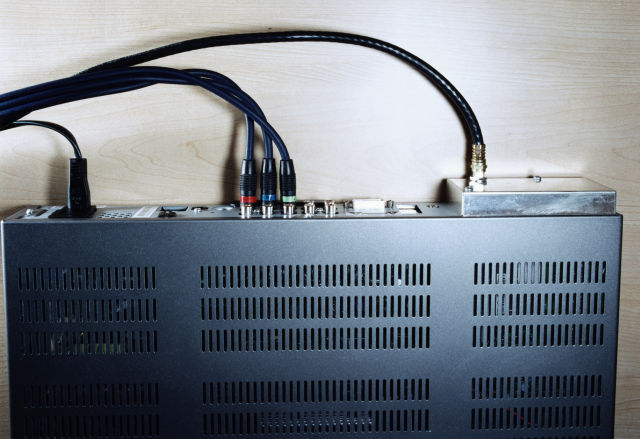
The Federal Communications Commission plan to boost competition in the cable set-top box market may need some changes to shore up enough votes.
While Chairman Tom Wheeler and his Democratic majority led a 3-2 vote on the proposal in February, Democratic Commissioner Jessica Rosenworcel is pushing for changes before it hits a final vote.
Now that the FCC has received public comments on the plan, "It has become clear the original proposal has real flaws and, as I have suggested before, is too complicated. We need to find another way forward," Rosenworcel said in a statement published by Broadcasting & Cable yesterday.
The February vote was for a Notice of Proposed Rulemaking (NPRM), which put forth a tentative proposal and asked the public for comment. There are often changes between an NPRM and a final vote. Even at the time of the NPRM vote, Rosenworcel expressed concerns about the proposal's impact on "copyright, privacy, [and] diversity," and said that "More work needs to be done to streamline this proposal."
What isn't clear yet is how it will be changed. The FCC plan as currently written would force pay-TV providers to give third parties access to video and listings information, making it possible to build set-top boxes and applications that display cable and satellite TV content in user interfaces that aren't controlled by pay-TV operators.
Cable companies have proposed an alternate plan in which they'd be required to build their own applications for third-party devices. While this could help customers save money on cable box rental fees, it wouldn't achieve Wheeler's goal of spurring competition in user interfaces.
Rosenworcel's statement didn't endorse the cable industry proposal, but said, "I am glad that efforts are underway to hash out alternatives that provide consumers with more choice and more competition at lower cost." She praised Wheeler "for kicking off this conversation," saying that "set-top boxes are clunky and costly," and that "consumers don't like them, and they don't like paying for them."
We've asked Rosenworcel and her office for more specifics on what she wants the final proposal to consist of but haven't heard back yet.
We also asked Democratic Commissioner Mignon Clyburn's office if she still supports the original proposal and got this response: "Commissioner Clyburn appreciates and welcomes the constructive efforts by industry to put forward an alternative apps-based proposal. She continues to study the proposal with an eye towards a solution that adheres to Section 629 of the Communications Act; ensures truly competitive choice; enhances access to diverse programming; and provides the protections for copyright, security and privacy that consumers have come to expect." Section 629 requires the commission to adopt regulations ensuring commercial availability of alternatives to rented set-top boxes.
Wheeler weighed in yesterday, too, saying that the cable industry's offer of a compromise shows that arguments against his plan "fell by the wayside," according to Politico. “I think what they’ve done is say yes, that the approach that the FCC suggested is an approach that can be taken,” Wheeler said in a Q&A at the National Press Club in Washington, DC. “And what I’m interested in now is engaging in constructive dialogue with them on the specifics of just how do you write the regulations to achieve that.”
FCC Republicans Michael O'Rielly and Ajit Pai cast the two dissenting votes against the FCC plan in February. In a tweet yesterday, Pai seemed to welcome Rosenworcel's statement that the plan has "real flaws."
reader comments
88